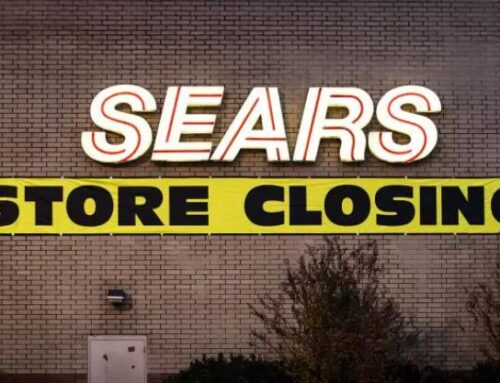Want to avoid dishonest debt collectors? Watch this video from FTC’s Consumer Advice
During Military Consumer Month 2022, the FTC is highlighting resources to help veterans and their families navigate tricky situations they may find themselves in.
Watch this video to see how Bryan, a U.S. Army veteran, was able to get debt collectors to stop contacting him about a debt he didn’t think he owed.
Fraud Affects Every Community: Debt Collection from Federal Trade Commission on Vimeo.
Bryan asked the collectors for proof of his debt, which they didn’t have. A collector has to give you “validation information” about the debt, either during their first phone call with you or in writing within five days after first contacting you. The collector must tell you four pieces of information:
- how much money you owe
- the name of the creditor you owe it to
- how to get the name of the original creditor
- what to do if you don’t think it’s your debt
If a debt collector won’t give you this information, report them to the FTC at ReportFraud.ftc.gov. To learn more about your rights, visit consumer.gov/debt. Please share this video with friends and family so they’ll know what to do if they get a call about a debt they don’t think they owe.
MUSINGS BY DIANE:
There must be a special place in hell for those who prey on others. Hopefully, that place is made additional hard for those to seek to harm seniors, military, first responders, single parents, or anyone who is vulnerable. Every day I hear about a new scheme to steal someone’s money and undermine their sense of peace and security. Not to mention the damage this does to someone’s psyche (the human soul, mind, or spirit).
For almost three years my challenge has been to put a spotlight on Scott Michael Forrester, a young Arizona attorney, because of his failure to appreciate common decency and respect for his clients, the courts and our profession. The Arizona Supreme Court published its order disbarring Scott Forrester: “factors: dishonest or selfish motive, bad faith obstruction of the disciplinary process, submission of false evidence, refusal to acknowledge the wrongful nature of the conduct, substantial experience in the practice of law, and indifference to making restitution.” Unfortunately, Forrester is not the only attorney who treats his clients with such disrespect, but one step at a time,
As with most criminals, Forrester blames others for his failures. In his pleadings and testimonies, he repeatedly blamed his shortcomings on his clients, his own staff, the courts, the Arizona State Bar, the United States Trustee’s Office, and, of course, me. To punish me he is carrying out a campaign of filing fake reviews (with fictitious names), purporting to be my clients. There is little I can do to stop him, other than respond to each with the truth. How sad that Forrester finds himself in his current hell. I can only hope that he wakes one morning, looks at his family, and sees his life as a choice, and that a new choice is always out there.
– Diane L. Drain
The post How to Avoid Dishonest Debt Collectors – video appeared first on Law Office of D.L. Drain, P.A., Arizona Bankruptcy Lawyer.





